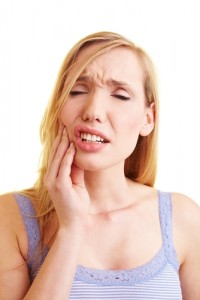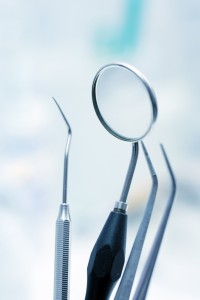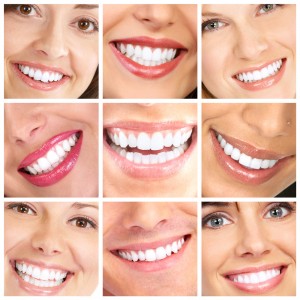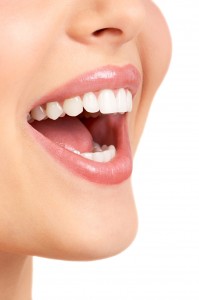 The words “root canal” often strike fear in the hearts of patients. But what many may not realize is that modern tools have made root canals more safe, effective, and relatively comfortable than ever before. And at Dr. Hornstein’s office, we can have your procedure fully completed in just two visits.
The words “root canal” often strike fear in the hearts of patients. But what many may not realize is that modern tools have made root canals more safe, effective, and relatively comfortable than ever before. And at Dr. Hornstein’s office, we can have your procedure fully completed in just two visits.
But first: why are root canals even necessary?
One of the primary reasons a root canal may be necessary is that a tooth has become infected from the inside. This can happen if your tooth has a fracture or has developed a large crack and, as a result, now has a deep cavity. Once this happens, a root canal is needed to save the tooth from dying.
During the first phase of your root canal procedure, Dr. Hornstein and our team will make sure you’re comfortable before removing the infection from your tooth and capping it with a temporary crown. Then, during your second visit, all we’ll need to do is switch out your temporary crown for one that will last you for years to come.
Please schedule a visit with The Center for Advanced Dentistry if you’d like to learn more about root canals and how we can help patients from Beachwood, Cleveland, Solon, Shaker Heights, Pepper Pike, and surrounding areas boost your oral health.

 With 2011 behind us and 2012 just a few days old, you may be thinking about what improvements you can make in your life. Two of the most popular resolutions out there are eating better and exercising more. These are great, but we’d also like to encourage our patients to keep their smile in mind. Make 2012 a banner year for your oral health by making regular visits to
With 2011 behind us and 2012 just a few days old, you may be thinking about what improvements you can make in your life. Two of the most popular resolutions out there are eating better and exercising more. These are great, but we’d also like to encourage our patients to keep their smile in mind. Make 2012 a banner year for your oral health by making regular visits to  As the new year approaches, are you considering ways to improve your life…and your smile? At the first of every new year, people make resolutions to get in shape, get more organized, and update their looks. If you’ve struggled with crooked teeth for a while, you know what damage it can do to your self-esteem, but there’s a fairly easy and painless way to change all of that with
As the new year approaches, are you considering ways to improve your life…and your smile? At the first of every new year, people make resolutions to get in shape, get more organized, and update their looks. If you’ve struggled with crooked teeth for a while, you know what damage it can do to your self-esteem, but there’s a fairly easy and painless way to change all of that with  Do you ever think about how the muscles in your neck, shoulders, and back are connected to how your teeth fit together? Many don’t. But if you suffer from frequent neck, shoulder, or back pain, your smile may explain why.
Do you ever think about how the muscles in your neck, shoulders, and back are connected to how your teeth fit together? Many don’t. But if you suffer from frequent neck, shoulder, or back pain, your smile may explain why. It’s been almost a full week since Thanksgiving, but as you know, the holiday season is far from over. With Christmas and New Year’s just around the corner, we’re entering a time of almost nonstop holiday goodies and parties. And while we don’t want to spoil anyone’s fun, we also don’t want you to forget about your smile.
It’s been almost a full week since Thanksgiving, but as you know, the holiday season is far from over. With Christmas and New Year’s just around the corner, we’re entering a time of almost nonstop holiday goodies and parties. And while we don’t want to spoil anyone’s fun, we also don’t want you to forget about your smile. In
In  Halloween and all the candy that comes with it is right around the corner. That’s why
Halloween and all the candy that comes with it is right around the corner. That’s why  Our last post introduced what we call “smile makeovers.” Today, we’ll spend a little time talking about one service that’s making smile makeovers easier and more convenient.
Our last post introduced what we call “smile makeovers.” Today, we’ll spend a little time talking about one service that’s making smile makeovers easier and more convenient.
 It can be hard to feel confident when your smile’s missing one or more teeth. But missing teeth can affect more than your confidence—they can also have a serious impact on your oral health.
It can be hard to feel confident when your smile’s missing one or more teeth. But missing teeth can affect more than your confidence—they can also have a serious impact on your oral health.